
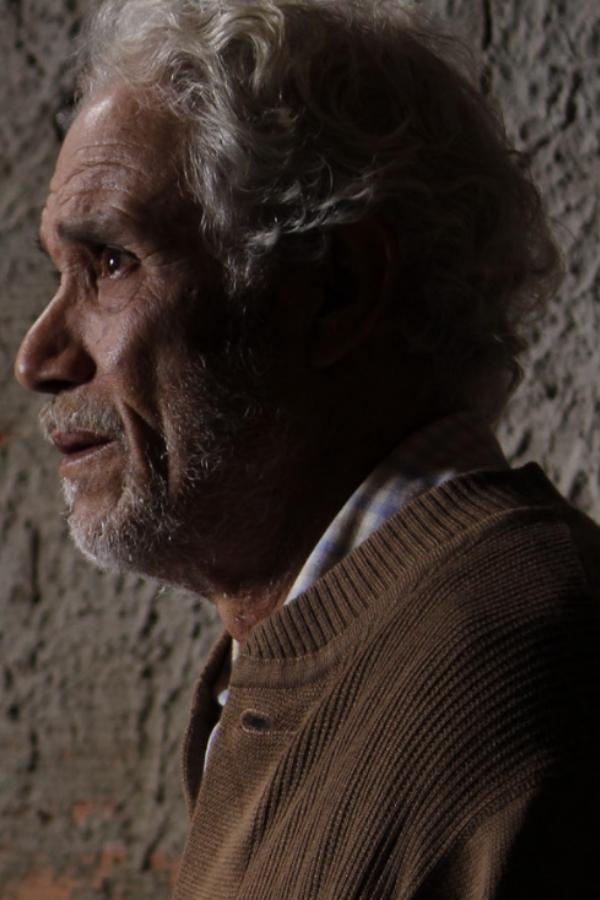
Djo, a boxing gym manager in the “Helal” neighborhood near Tunis, is searching for a champion to train in his old gym. He finds Yahia, who shows innate boxing skills, but Yahia is pursuing a different dream: illegal immigration. What will happen next?
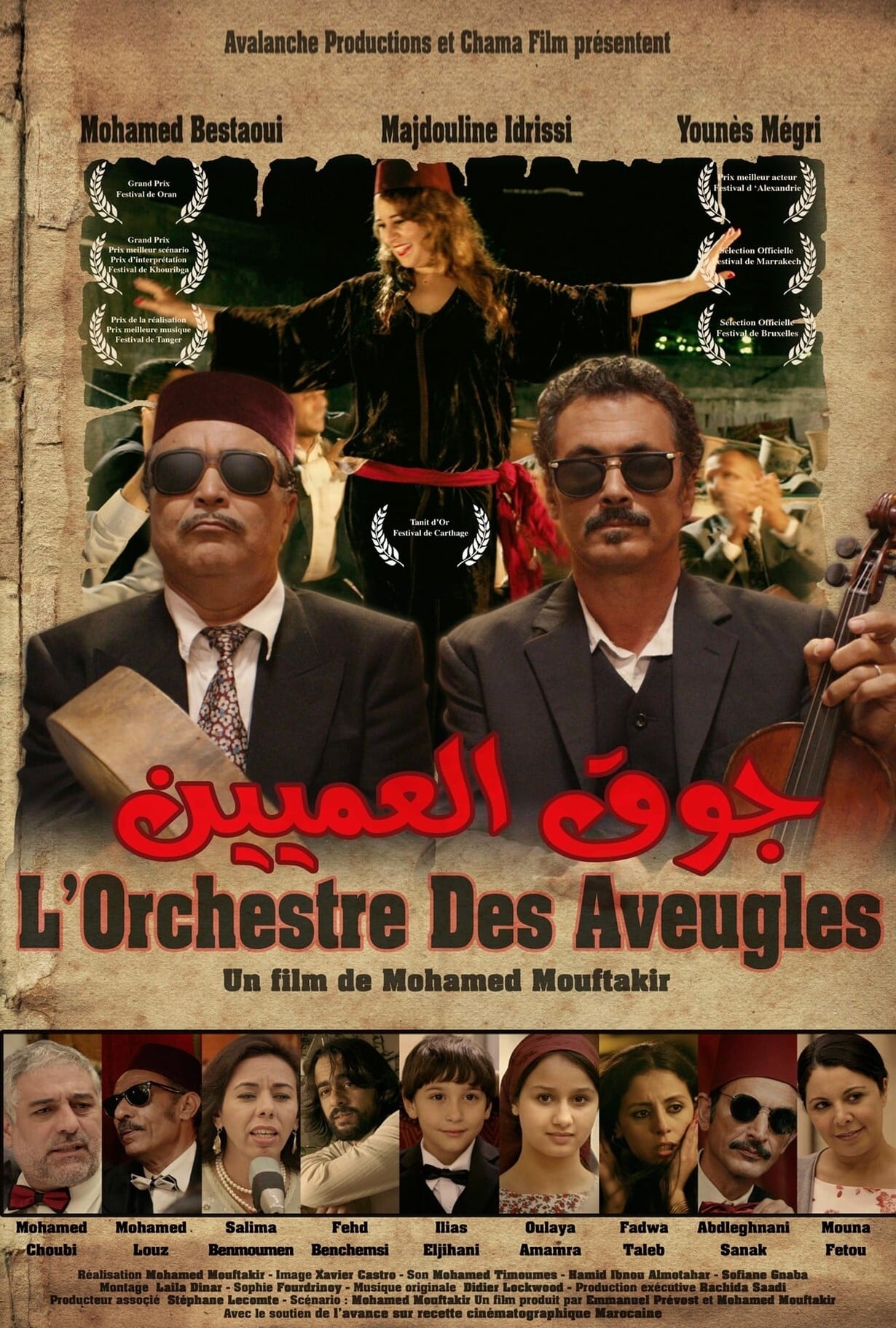
In the early years of the reign of Hassan II, Houcine, a fan of the new king, is the director of a popular orchestra and the proud father of Mimou. This is a very particular troupe, male musicians who are sometimes forced to pretend that they are blind in order to play at parties reserved for women in conservative Moroccan families. But then young Minou runs into Chama, the neighbor’s new maid
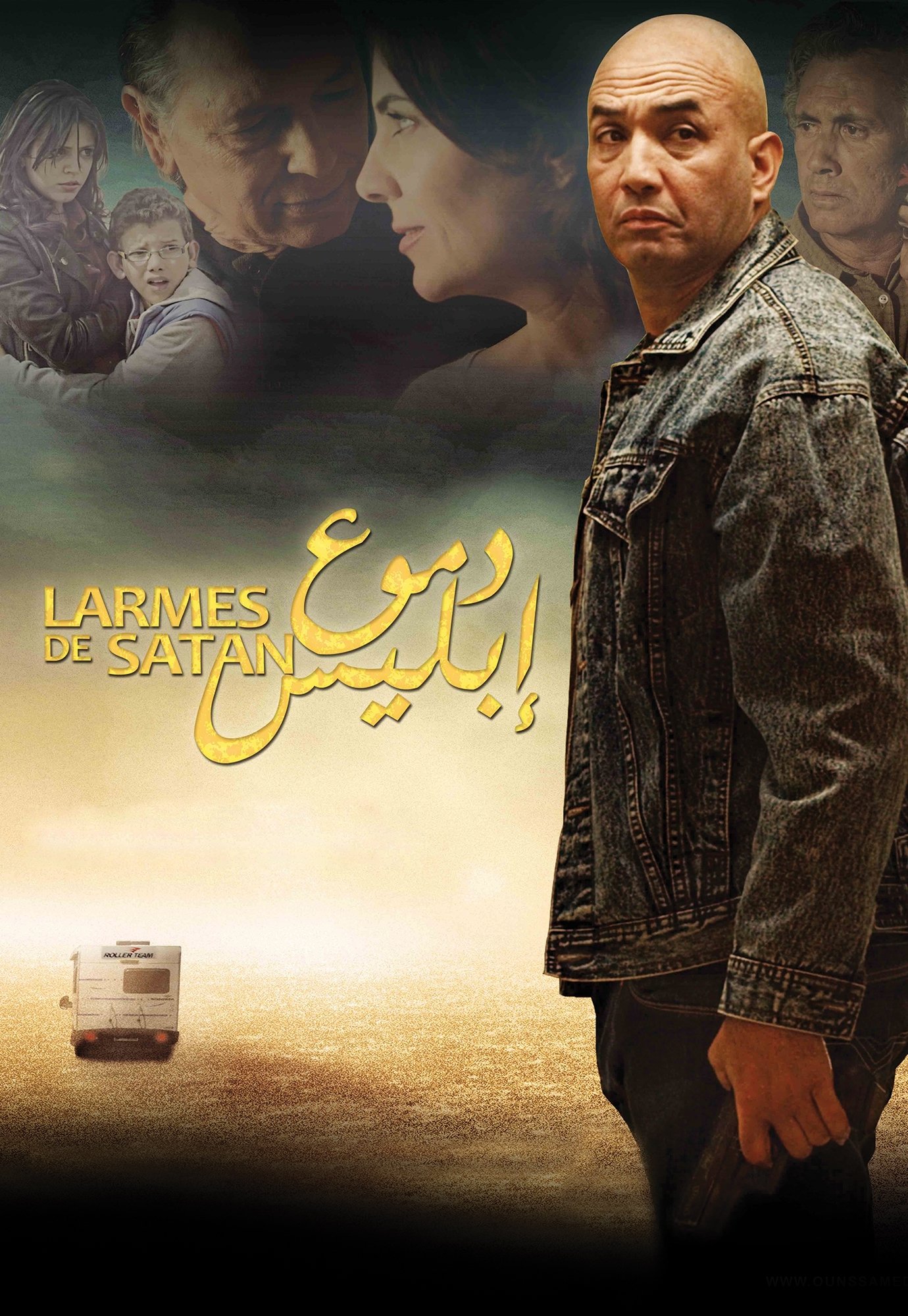
A long-term political prisoner leaves the prison with the idea of taking revenge on the person responsible for his torture in prison: a former soldier who is preparing to travel with his family to southern Morocco.
During a reception organized on the occasion of Ghita's 44th anniversary, friends and family members of Said and Ghita will be confronted with unexpected events serious enough to provoke disturbing reactions, starting points of questioning the little material and emotional comforts by which all this little world was surrounded.
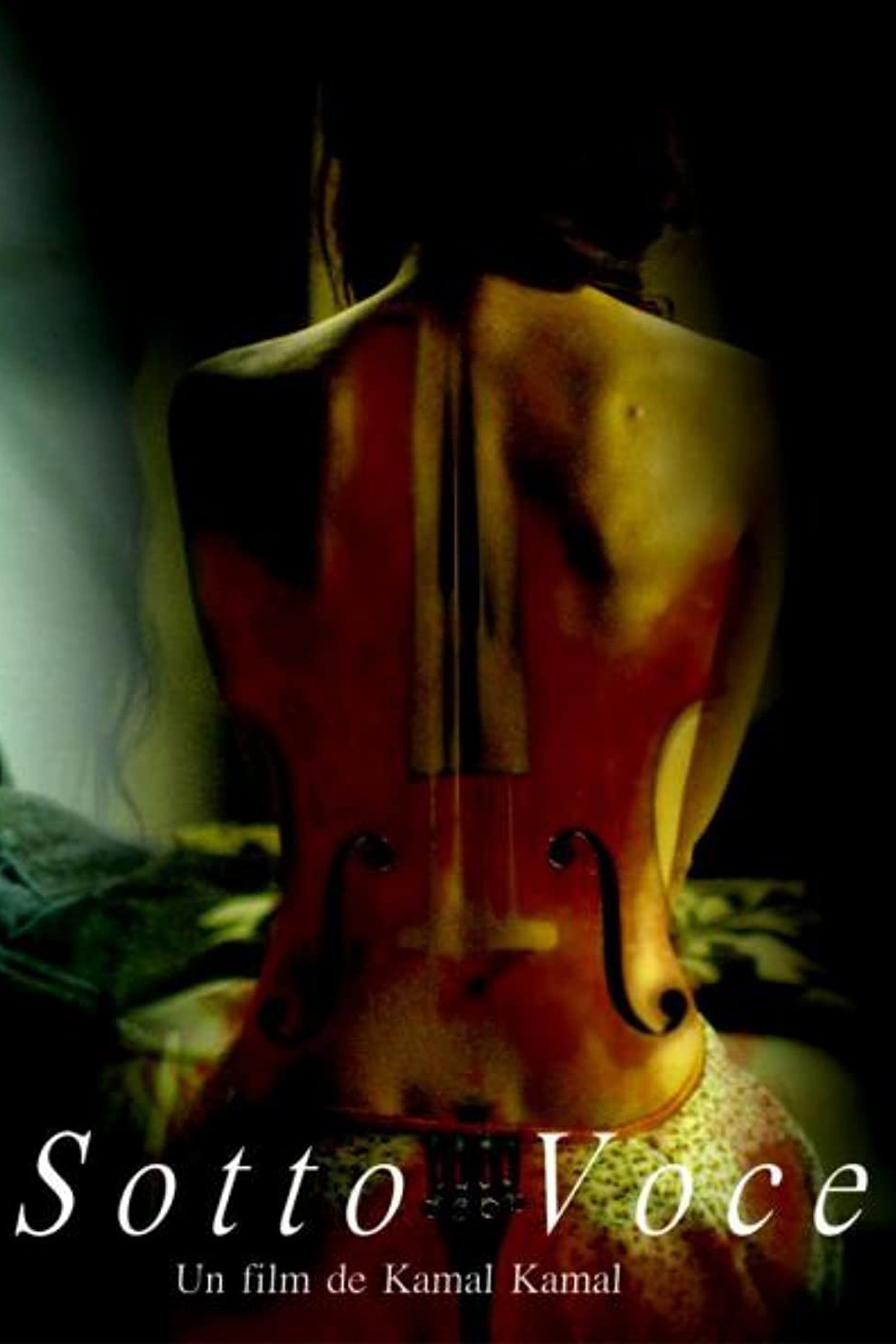
During the Algerian war, the road to Beni Boussaid on the Morocco-Algeria border is obstructed by the Morice line, a 430-mile long belt that is electrified and heavily mined. Moussa, a Moroccan friend of the revolution, helps refugees across the mountains. However, he must go through Beni Boussaid when he finds out that the path he usually takes is no longer safe. Hans, a Communist militant of the GDR, loses a leg on the way, while trying to remove a mine from a passageway. Normally, the wounded and sick are put to rest, but Hans is not a Muslim and cannot be a martyr.

Casablanca, 2003. 14 young hard-rockers are arrested and condemned for sentences from 3 months to 1 year. What are the accusations? Satanism and shaking the foundations of Islam. Based on actual events.
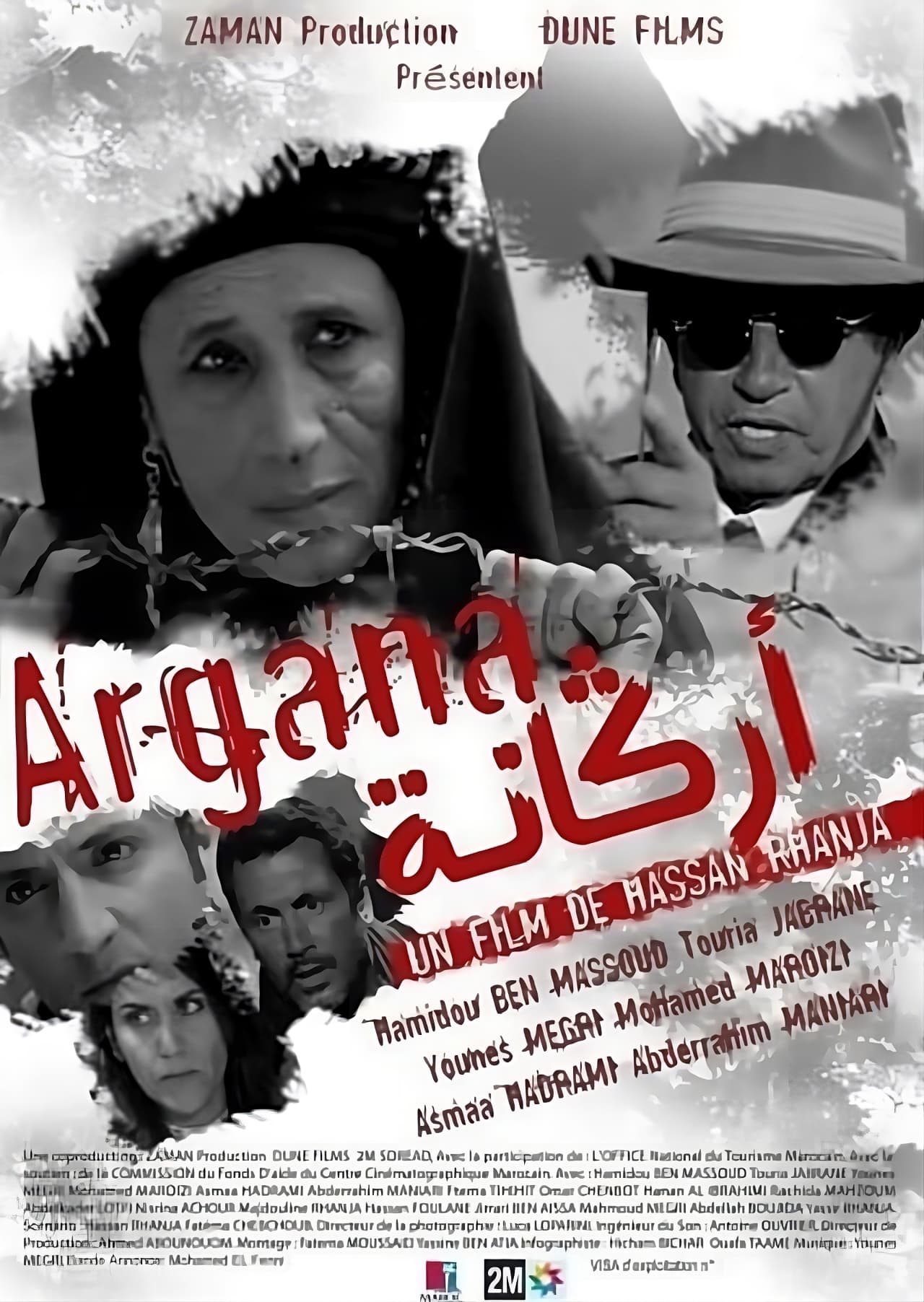
After the death of her husband Amghar, killed by the settlers, Tamghart resists the maneuvers of the traitor Hammou who quietly negotiates, despite the villagers, the elimination of the argan tree to pass a road. But Rachid’s bitter struggle, back in the village after long years of study abroad, puts an end to Hammou’s evil schemes.
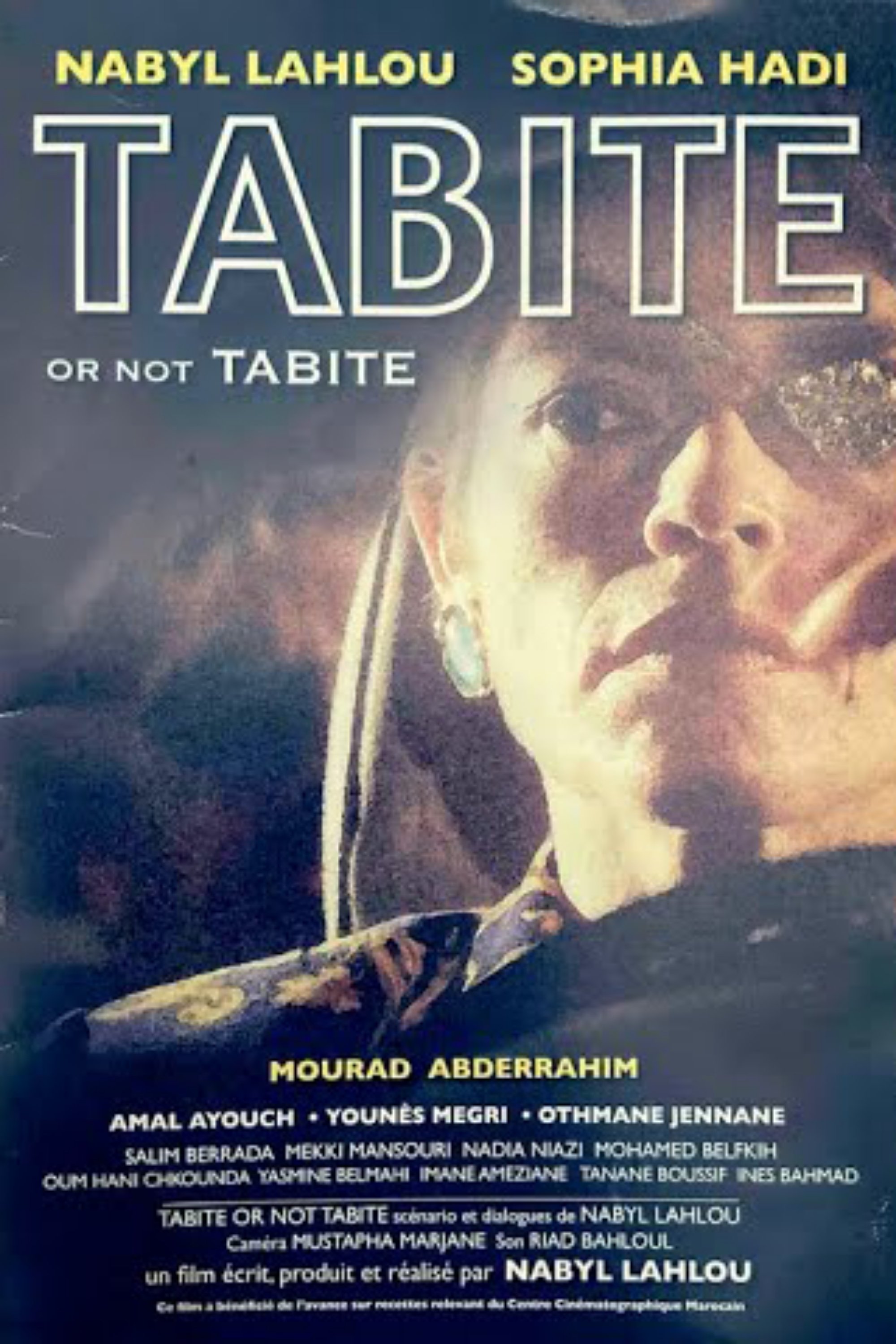
Ali Brahma visits his homeland for the first time in order to attend his father's funeral. This first trip to Morocco coincides with the trial of serial rapist and police commissioner Mohamed Mustapha Tabet. On the flight back to Paris, Ali meets Zakia Malik. Together, they look into the Tabet trial to write a play and a film script.
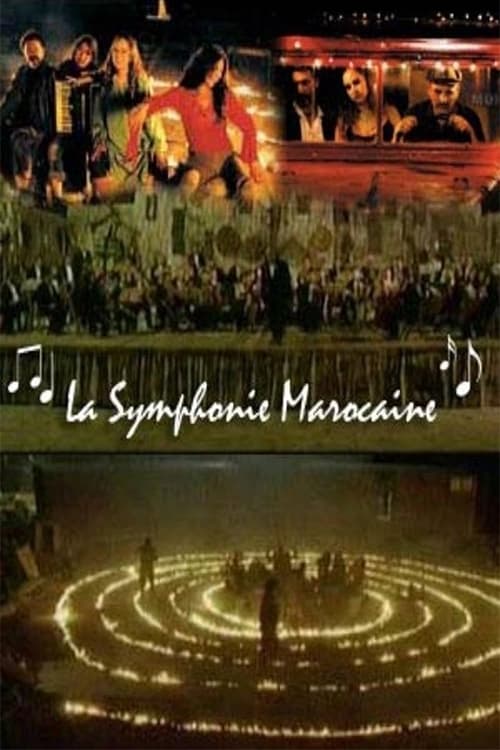
Hamid is a former volunteer who participated in the 1982 Lebanon War and returns from there with disappointment. He becomes homeless in the city of Casablanca. He resorts to theft and addiction to combat his homelessness and physical disability. His only dream in life is to bring his symphony into existence, so he asks the help from his homeless friends for that.
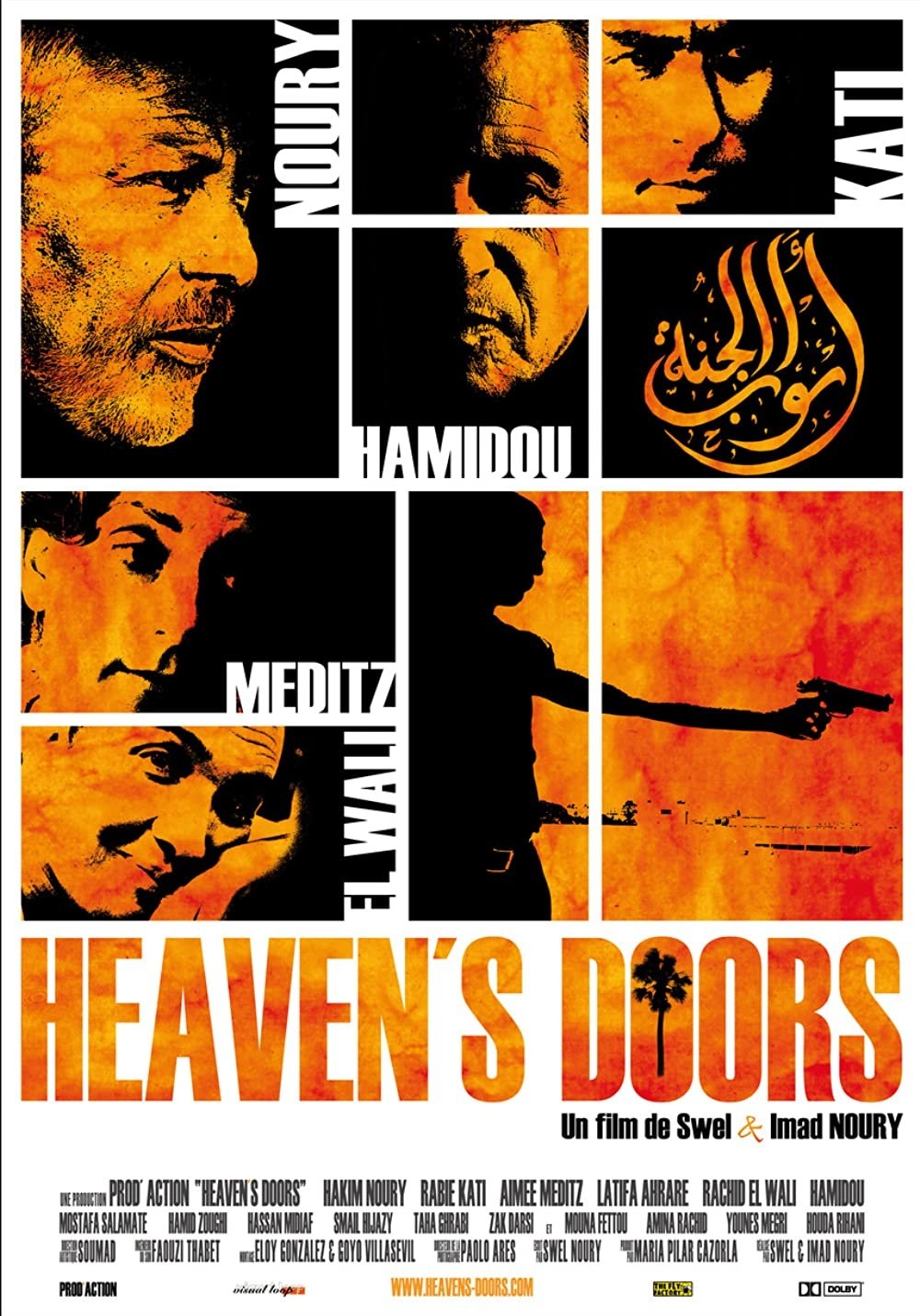
As co-directed by brothers Swad and Imad Noury (and produced by their mother, Pilar Cazorla), The Moroccan picture Heaven's Doors (2005) employs an episodic narrative, with three related substories presented sequentially. The Nourys shoot the episodes in distinct cinematographic styles (and with distinct overtones) suited to each tale, recalling Humberto Solas's masterpiece Lucia (1969).
By browsing this website, you accept our cookies policy.